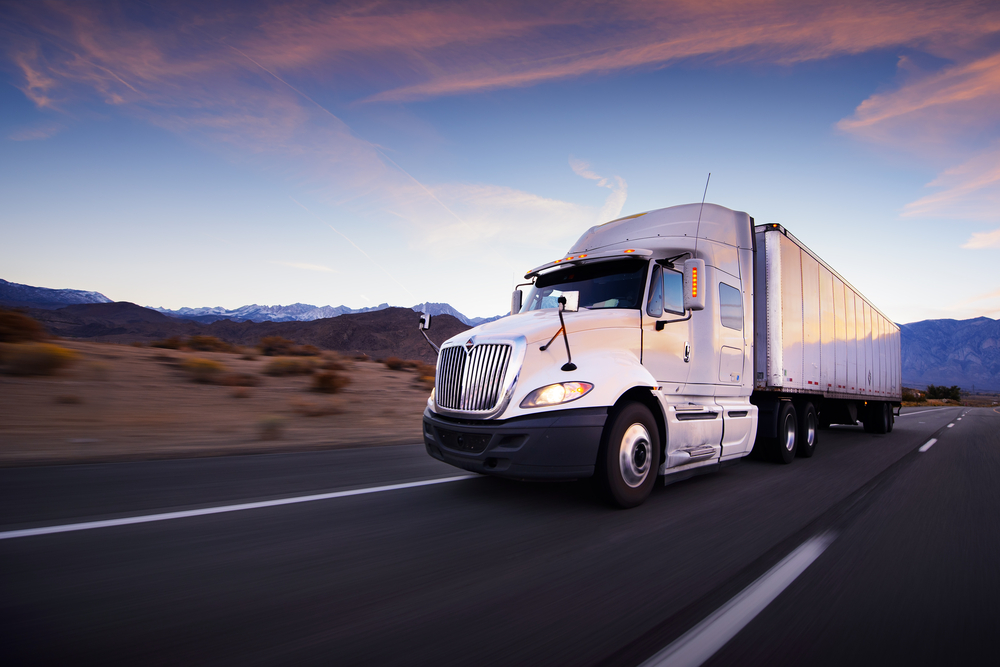How does diesel compare to natural gas, gasoline and electric batteries that power our trucks?
We would start with a comparison suggested by the “Diesel Technology Forum”: practically 1 in 1,000 trucks is powered by electricity.
Today we live with a cocktail of energies that move the world. Some are on their way out, other on their way in, while others remain and will do so for many more years. The latter is the case of diesel and biodiesel, since it is the predominant source of energy for off-road machinery and of course, transport by class 3-8 trucks.
According to a study by S&P and shared by our friends at DTF, it was found that of 15 million commercial trucks of the aforementioned classes, ¾ of them run on diesel and almost half of these are of the new technological generation.
Very few represent the trucks powered by gas or electric battery. Not only that, but almost all of class 8 are diesel powered. As a curious fact, a third of the electric trucks reside in California.
Once again Noxguard Diesel Exhaust Fluid enters the scene, since approximately 60% are 2007 models or newer, which means that they have some type of filtration and contaminant abatement system, many of them with SCR (Selective Catalytic Reduction) systems and already with emissions close to 0%. But pressed even more by the new provisions of the EPA whose new regulations seek to bring pollutant values even closer to zero. Some data indicates that the use of the latest technologies to reduce pollutants could eliminate 1.3 billion metric tons during this decade.
Allen Schaeffer, Executive Director of DTF shares a thought:
“Even as zero emission technologies emerge, there is a consensus that diesel technology will continue to dominate these sectors for decades. Diesel is the technology of choice in each of these sectors because it offers the best all-around set of advantages over other options. Diesel is proven, safe, efficient, reliable, durable, and economical. Established fueling, maintenance, and parts networks nationwide, as well as the well-documented secondary resale markets are other key differentiators of diesel technology. With today’s advanced diesel technology achieving near-zero emissions, and even further reductions anticipated, coupled with suitability for running on a wide range of low-carbon renewable biobased diesel fuels, all but ensures diesel’s role in the future,”



Leave a Reply: